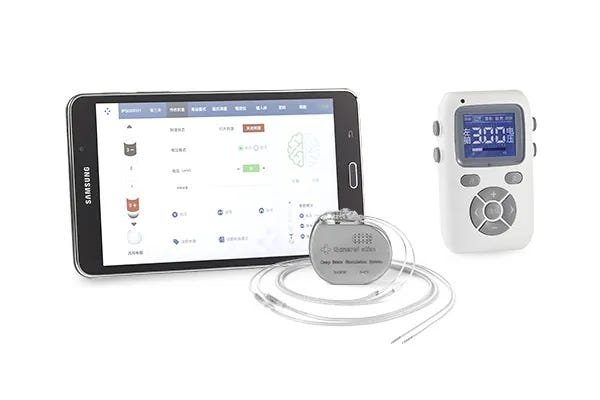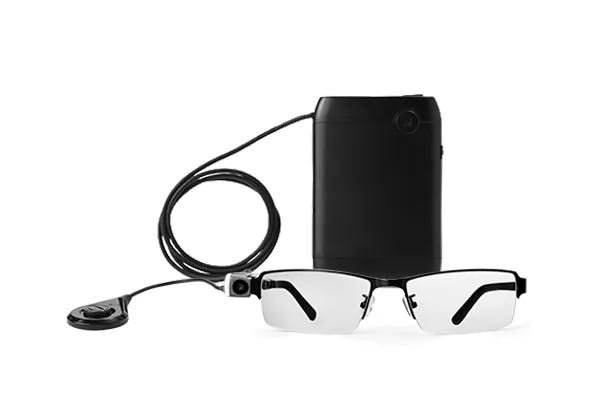Cochlear Implant Supplies and Sustainable Practices
The intersection of technology and sustainability is becoming increasingly significant in the field of healthcare, particularly concerning cochlear implant supplies. As we strive to enhance auditory experiences for individuals with hearing impairments, it is imperative that we also consider the environmental impact of these medical devices. This article explores the current trends in cochlear implant supplies while emphasizing sustainable practices within this vital sector.
Intellect Cochlear Implant Supplies
Cochlear implants are sophisticated electronic devices designed to provide a sense of sound to individuals with severe hearing loss. The supplies associated with these implants include not only the device itself but also various components such as batteries, processors, and accessories essential for optimal functionality. As demand for cochlear implants grows globally, so does the need for reliable supply chains that can deliver high-quality materials efficiently. It is crucial that manufacturers prioritize both performance and sustainability when producing these life-changing devices.
Nurotron: A Leader in Cochlear Technology
Nurotron Biotechnology Co., Ltd., a prominent player in the cochlear implant market, has made significant strides toward integrating sustainable practices into its operations. By focusing on innovative design and manufacturing processes, Nurotron aims to reduce waste while enhancing product longevity. Their commitment extends beyond just creating effective auditory solutions; they actively seek ways to minimize their ecological footprint through responsible sourcing of materials and energy-efficient production methods.
Click cochlear implant bluetooth pairing.
Cochlear Implant Bluetooth Pairing: Enhancing User Experience
The advent of Bluetooth technology has revolutionized how users interact with their cochlear implants. Through seamless Bluetooth pairing capabilities, patients can connect their devices directly to smartphones or other audio sources, significantly improving accessibility and user experience. This integration not only enhances communication but also encourages greater engagement with digital platforms tailored for those who rely on cochlear implants. However, as we embrace this technological advancement, it remains essential to ensure that such innovations align with sustainable practices throughout their lifecycle.
Conclusion: The Future of Cochlear Implant Supplies

In conclusion, addressing the challenges surrounding cochlear implant supplies requires a multifaceted approach that prioritizes both innovation and sustainability. As stakeholders within this industry continue to search new technologies like Bluetooth connectivity while maintaining eco-friendly practices — such as reducing material waste — we pave the way towards a more responsible future in healthcare technology. Ultimately, our goal should be clear: providing exceptional auditory solutions without compromising our planet’s health.
